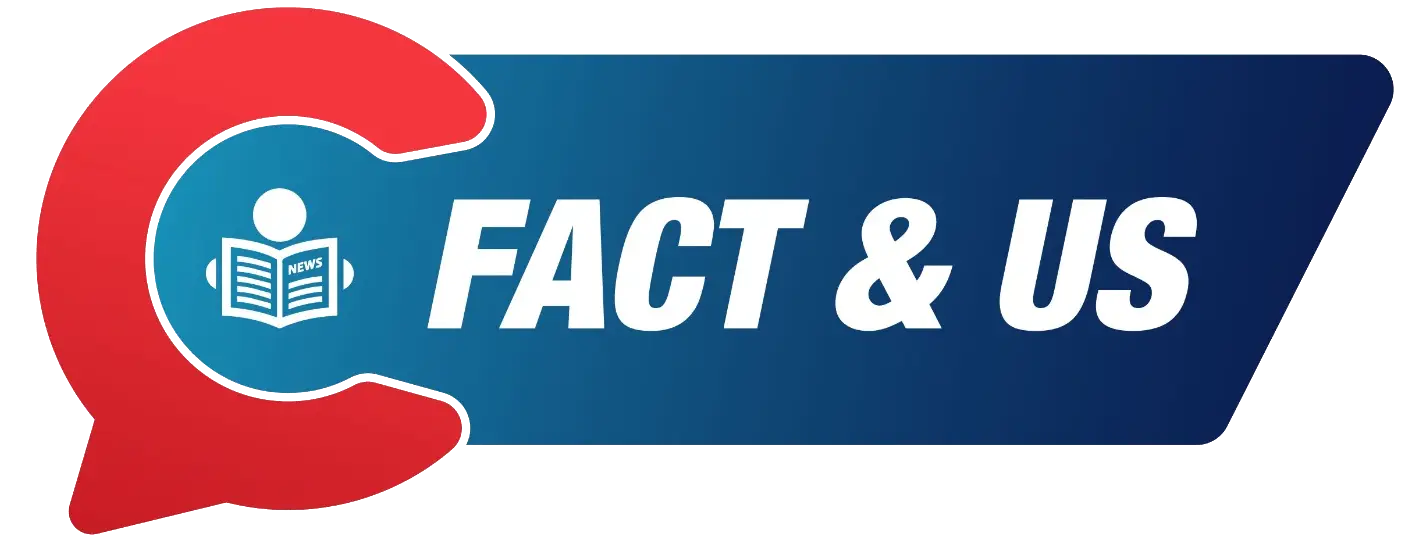A US carrier strike group – a major fleet of warships – is a potent symbol of American military power and a signal that it’s willing to defend allies and deter enemies. So the presence of such a force in the North Sea over the past few weeks is meant to reassure European allies, despite the political uncertainties back home.
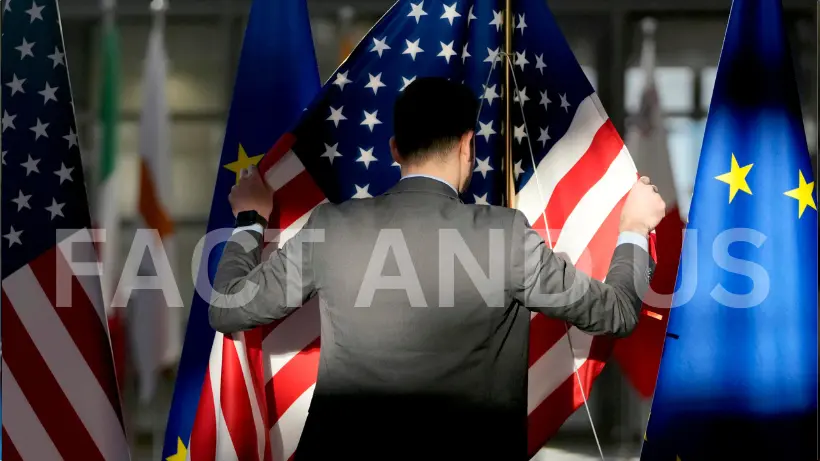
U.S. Election Shift America’s Role
American military power has helped protect Europe for the past 75 years – but the US presidential election raises the question: for how much longer? Military commanders do their best to avoid politics.But among a group of journalists invited on board the USS Harry S Truman, the US presidential race was high on the agenda. The question was: will America still have Europe’s back?
Rear Adm Sean Bailey said: “What I can tell you is we are firmly committed to our alliance, firmly committed to NATO.”But he’s not the one who will be deciding US foreign policy, and nor is his answer likely to assuage doubts. Germany’s Defence Minister, Boris Pistorius, knows change is in the air.
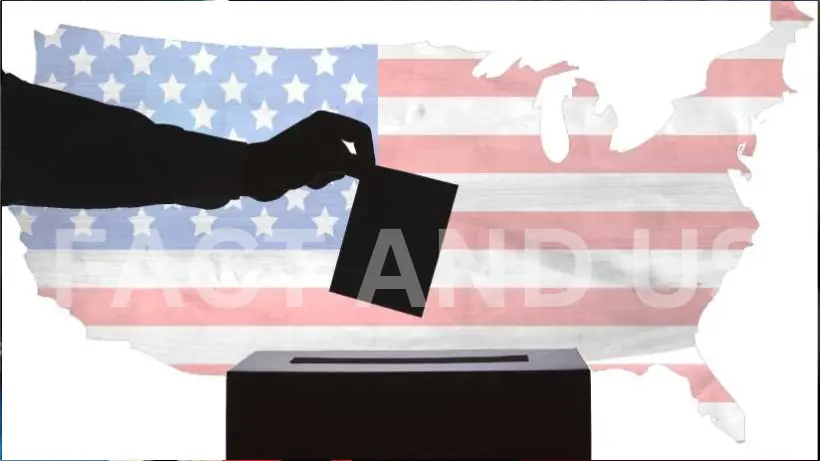
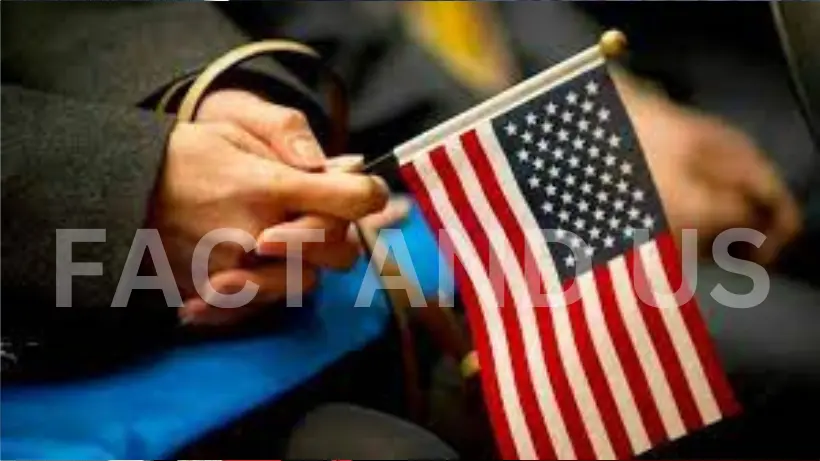
Asked about the likely impact of the US election on Europe last week, he said it was a question of whether America does “a lot less, or a little bit less”. He didn’t mention names, but it’s Donald Trump who’s likely to do a lot less. USS Harry S Truman proudly bears the name of the president who helped establish NATO 75 years ago. But a second Trump term could once again shake the alliance to its very core.
“NATO has always been a critical part of our foreign policy, but we need to make sure it’s fair for all involved,” said one candidate during a recent debate. “America is carrying a significant part of the burden. It’s time for our allies to step up, or we risk rethinking our commitment.”
Others, however, warn that any reduction in U.S. support could destabilize Europe and weaken NATO’s deterrence capabilities against threats, particularly from Russia. With the ongoing war in Ukraine underscoring the need for a strong NATO, many defense experts argue that the alliance is more important now than ever. They caution that a diminished U.S. role could embolden adversaries to test Europe’s defenses and strain relationships with allies who rely on the U.S. for military and intelligence support.
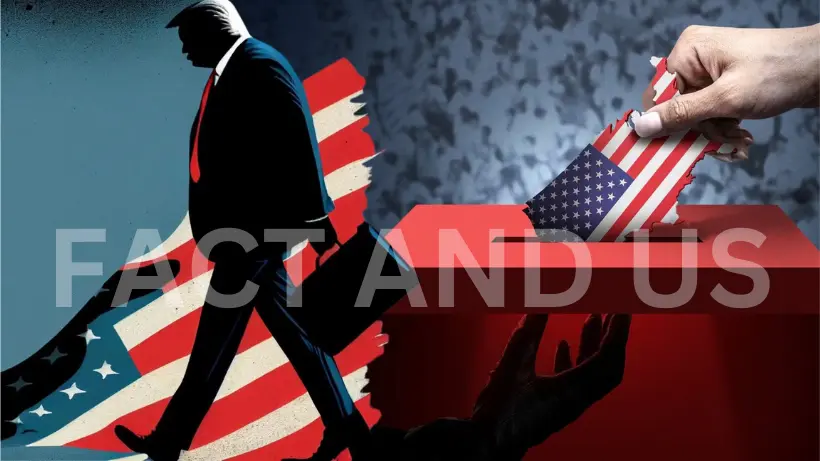
A recent survey by the Atlantic Council found that many European citizens are increasingly concerned about America’s future commitment, and some leaders have already begun discussing alternative defense plans should the U.S. lessen its role in NATO. French President Emmanuel Macron has called for a stronger European defense force, arguing that Europe should become less dependent on American aid to ensure its own security.
Despite these debates, bipartisan support in Congress for NATO remains strong. Both Democrats and Republicans have reaffirmed their commitment to the alliance, though some prominent voices within each party suggest a shift toward a more balanced distribution of defense responsibilities among NATO members.
“America’s involvement in NATO isn’t just about protecting Europe. It’s about safeguarding the values and security interests that we share,” said Representative Maria Sanchez, a leading voice on the House Armed Services Committee. “A strong NATO benefits both sides of the Atlantic, and we need to make sure it remains resilient and united.”

In the short term, any major changes to U.S. policy would likely face opposition, given that shifting NATO’s balance could require legislative approval and face public scrutiny. Analysts believe that while some candidates may call for reform, the U.S. will likely maintain its role, though with increasing pressure on allies to contribute more.
The outcome of the election will be watched closely by European leaders and defense officials, who see the U.S. as an irreplaceable partner in their security strategy. As the votes are counted, the future of transatlantic cooperation could be at a turning point, potentially influencing the shape of NATO and European defense for years to come.
stay connected with fact and us for more such news
